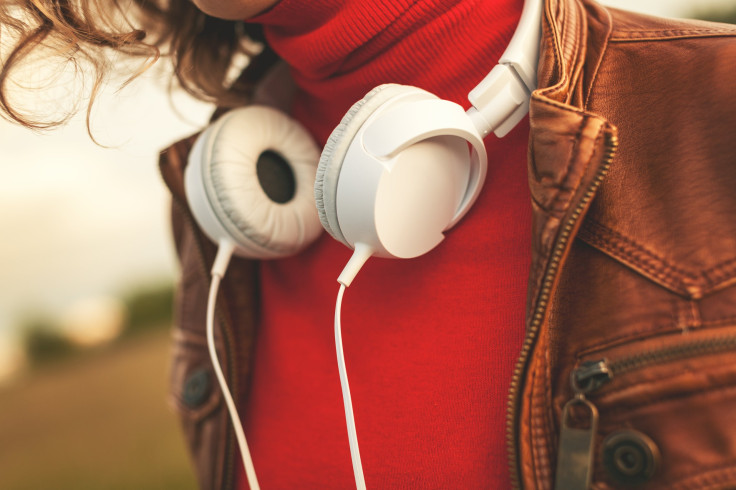Preventing Epileptic Seizure: Epilepsy (And These Other Conditions) Benefit From Musical Therapy

Epilepsy may be the latest ailment to benefit from music therapy, suggests new research from Ohio State University. The brains of people with epilepsy appear to react differently to music than the brains of those who do not have the disorder, a finding that may have potential to kick start new therapies for seizure prevention.
The researchers, headed by Dr. Christine Charyton, adjunct assistant professor and visiting assistant professor of neurology at The Ohio State University Wexner Medical Center, used recorded brain wave patterns to draw their conclusions. Patients listened to 10 minutes of silence, followed by either Mozart or John Coltrane’s rendition of “My Favorite Things,” another stretch of silence, the other of the two musical selections, and a final 10-minute drag of silence.
The study found significantly higher brainwave activity in patients when they were listening to music, and, more importantly, brainwave activity in epileptic participants tended to synchronize more with the music. This synchronization occurred especially in the temporal lobe, where the majority of epilepsy cases occur, according to Charyton. The temporal lobe is also home to the auditory cortex, which processes sound.
“We were surprised by the findings,” said Charyton in a press release. “We hypothesized that music would be processed in the brain differently than silence. We did not know if this would be the same or different for people with epilepsy.”
Though she does not believe music will replace current epilepsy therapies, Charyton is optimistic music could be beneficial in conjunction with traditional treatment.
“We believe that music could potentially be used as an intervention to help people with epilepsy.”
Music As Medicine: Does It work?
Music has been used as a therapeutic tool for a long time. We use it in a casual setting, to mentally wind down after a stressful day, and in a more clinical setting, where professionals use music to address cognitive, physical, and emotional needs of patients. This can include not only listening to music, but writing or playing it as well.
A lot of music therapy’s success involves motivating patients to become more engaged with their treatment, and promoting all-over physical rehabilitation and movement.
Actually, it’s hard to think of a disability or disorder that music hasn’t been used either to supplement traditional treatment, or as a treatment on its own. It’s been shown to help with mental illness, and to aid in children accepting difficult diagnoses. It’s been used to try and help Alzheimer’s patients recall memories, and even to ease surgical pain (though I’m not sure Taylor Swift would be my audio therapy of choice.)
Source: Charyton C, et al. Music and the Brain: Can Music Help People With Epilepsy? American Psychological Association. 2015.



























